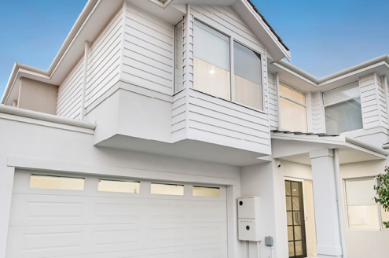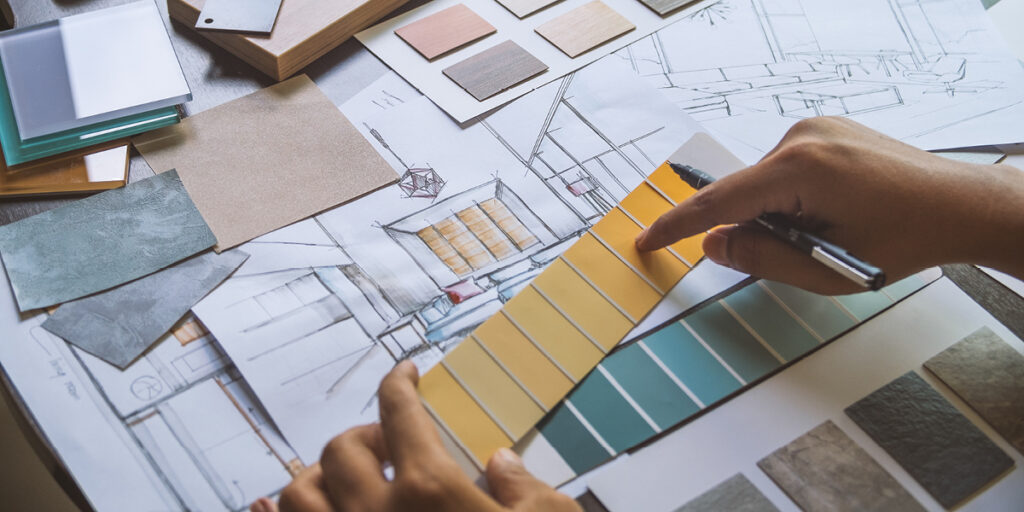

Renovating a home can be an exciting yet daunting task. Whether you’re looking to improve the functionality of your home or simply enhance its aesthetic appeal, there are a few key factors that you should consider before embarking on the renovation journey.
In this blog post, we’ll take a closer look at some advice from the professionals and explore additional renovation areas that you may want to consider.
It is essential to hold off on some decisions like paint colours, carpet, and light fixtures until you spend time in the space you’re renovating.
For example, with flooring the choices can be overwhelming. The answers can depend on the other aspects of the renovation, like choosing paint colours. If you select paint palettes before the renovation starts, you still need to see them on walls. Your decisions about colours could change as you spend time in the house. Also, freshly painted walls and new flooring can reveal that existing light fixtures don’t illuminate the space as you thought they would.
If you spend a little more time in the space to consider how everything works together in the room you’re renovating, you can save several back-to-the-drawing-board moments.

When making changes to your home, it’s important to try and maintain the existing architectural style. This will ensure that the renovation integrates well with the original structure and enhances its aesthetic appeal. Consider incorporating design elements that are in keeping with the original architecture of your home. For example, if you have a period property, consider using traditional materials and finishes that complement the original features.
When renovating your home, it’s important to invest in quality materials. Quality materials can greatly impact the durability and longevity of the renovation. Consider using high-quality finishes and fixtures that will last for many years to come. This will not only improve the longevity of your renovation but also ensure that it maintains its aesthetic appeal over time.
Energy efficiency: Consider incorporating energy-efficient features into your renovation, such as insulation, double-glazed windows, and energy-efficient appliances. This will not only reduce your energy bills but also improve the overall sustainability of your home.

Your renovation will take longer than expected, so be prepared when planning a home renovation and make accommodations to avoid frustration.
For example, you might think that replacing a bath will be quick. Removal of the old fixtures can take a few hours, but locating a new tub and vanity you love can take several weeks, and it can be another two weeks before it is delivered. An expectation of using your new bath within a week can turn into a six-week waiting period.
Be realistic about the renovation process timeline and play it smart by selecting your new updates before removing the existing materials.
Our trusted Local Expert professional builders are standing by.
Click here to learn more or request a quote today!
Are you a business owner looking to build your service?
Apply now and become part of the Local Expert team today.